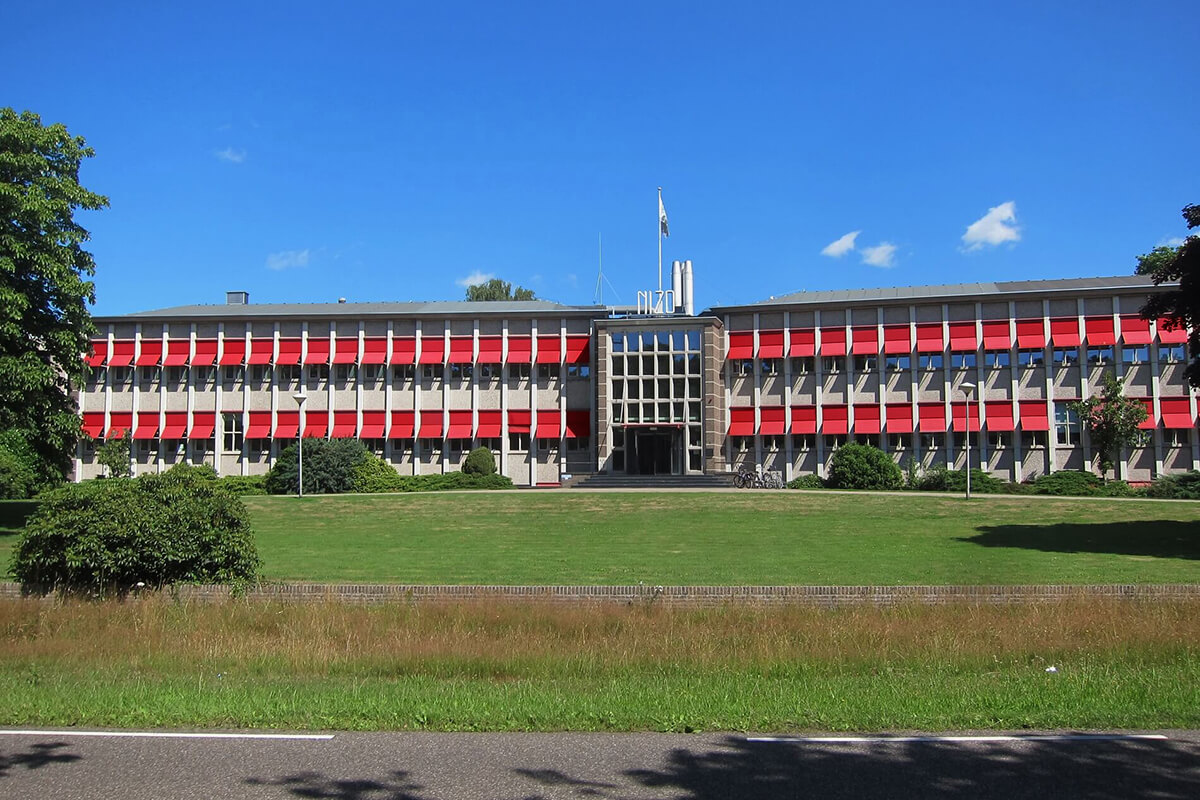REACT-EU grant to NIZO for making food production more sustainable




Making food production more sustainable is one of the major challenges . An important pillar in this is the transition from animal to vegetable raw materials or other renewable raw materials. Examples include yeasts, moulds, algae and bacteria grown on residual flows and the fullest possible use of these raw materials for human consumption.

In recent years, various start-ups, scale-ups and SMEs have developed technology on a lab scale for sustainable ingredients for use in food. However, they lack food-grade testing and scale-up facilities and rely on accessible, affordable, and food-grade third-party facilities. These are not sufficiently available in the region.
André van der Wulp, COO NIZO: “NIZO has a well-equipped pilot plant. However, it is currently particularly suitable for processing milk and other liquids with well-dissolved or dispersed components. In recent years, NIZO has built up a lot of knowledge for the processing of a wide variety of vegetable and microbial raw materials. However, for further process optimization and upscaling, an upgrade of existing equipment and the investment in new equipment is necessary”.
Nel Zoon, CSO NIZO: “The aim of the REACT-EU subsidy for the SPRINT project is to be able to realize the necessary investments in the pilot plant of NIZO that gives innovative start-ups, scale-ups and SMEs the opportunity to develop new ideas and test, demonstrate and manufacture products in an accessible way”. NIZO works closely with many start-ups and other companies in the region and beyond. A user group will be set up in that light. NIZO also works closely with other parties in the ecosystem, such as Foodvalley NL, BraveNewFood, StartLife, Rabobank, Region FoodValley, Sustainable Food Initiative, Hogescholen (HAS, VHL) and WUR. Nikolaas Vles, CEO NIZO: “With the subsidy granted, NIZO, in collaboration with the companies and other stakeholders, can make a huge impact in making food production more sustainable and thus ensure a resilient recovery of the economy in the east of the Netherlands”.